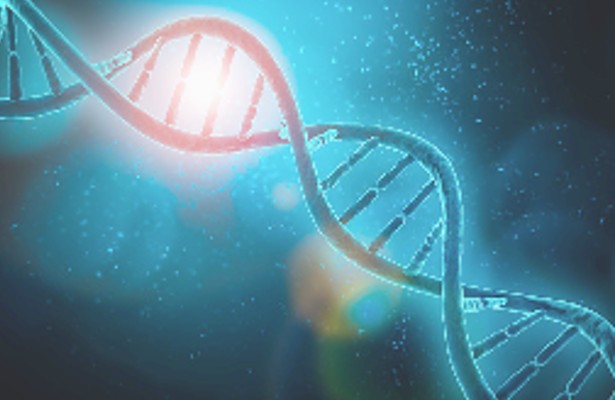Genetic modification is hotly debated on its ethics and benefits.
In plants seems ethical enough. The plants will live a healthier life, farmers will have it easier, and consumers will get more desirable food with more benefits. But what about the risks? Can it be harmful to us? There isn’t enough research to know, so is it really that safe? If used correctly, these modifications could benefit not only us but also the environment and the plants themselves. Some plants are modified to kill bugs that try to eat them, this would benefit the plant, but would it inherently harm the environment by harming these bugs.
Genetic modification on animals feels different in the ethics department. Is it morally right for us to change another living thing for our own benefit? With plants, it’s an entirely different story because they are not conscious. Some may argue that tampering with mother nature isn’t morally right either way. We modify animals to produce more food and be less aggressive. We put them in tiny cages with undesirable conditions, and then we slaughter them. We all have to eat, but this industry is already so brutal as is. So maybe the real question is: is it morally wrong to genetically change these farm animals, or is it already so inhumane that it wouldn’t make a difference to them?
So, if we can justify the act of genetically engineering plants and animals, what about people. That’s right, people. Can’t it be? Well, what if you were a parent and you could stop your child from contracting cancer in their lifetime by modifying their DNA? It seems like you would. It feels wrong to say anything but yes. If you could stop pain and suffering, shouldn’t you? Often when you ask people who have gone through pain and suffering if they could erase that part of them, many say no. They typically tell you that “my disability makes me who I am” or “my struggle with my mental health shaped me to be who I am today.” Let’s make up a scenario. Let’s say that those same people were genetically modified as children not to have a disability or illness. And you ask them whether they would want to start over and struggle with the disability or illness they were meant to deal with. Most likely, they’d say no.
Maybe genetically altering people to reduce their pain and suffering is good, and it would be ethically wrong not to take that opportunity, but how far does that go. I think most of us feel that aspects like looks shouldn’t be modified, but others may say that with certain looks, life can be difficult. However, if you could change your baby’s looks to the “perfect” look, we would all begin to look the same. Eye colors and face shapes in babies may become trendy. That sounds so scary to me.
More conversation on the ethics of genetic modification needs to happen before we inadvertently all find ourselves in a world where we lose the diversity of humankind.
![]()
- United States
